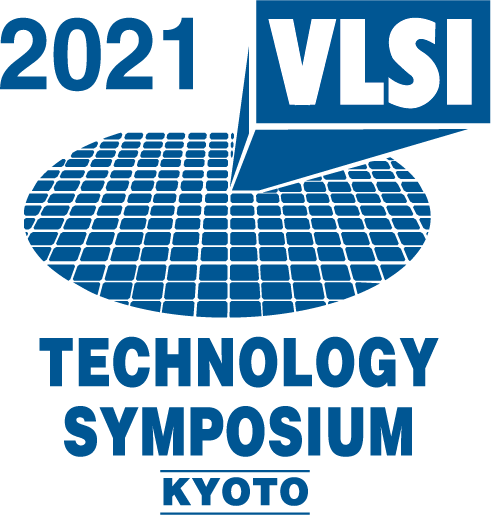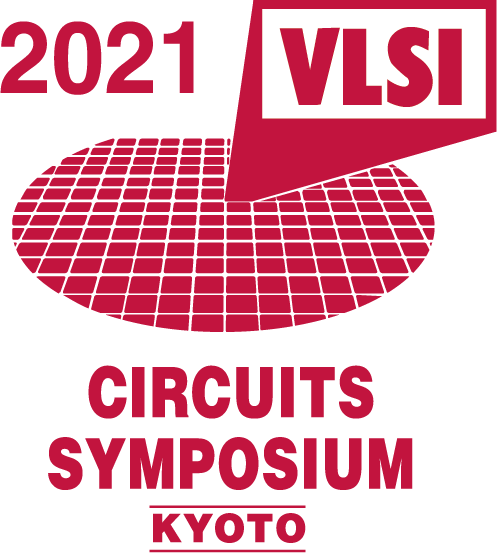Organizers (JFE): Hiroshi Morioka, Socionext Inc.Organizers (JFE): Organizers (NAE): Peide Ye, Purdue Univ.Organizers (NAE):
Technology Panel
3D/Heterogeneous integration: Are we running towards a Thermal Crisis?
Moderator:
Takayuki Ohba, Tokyo Institute of Technology
About Takayuki Ohba
Although 3DI including 2.5D system has many benefits in terms of performance and size reduction, it is unavoidable to provide thermal management without sacrifying reliability. Thermal management has been conducted many decades, since semiconductors started. Now the industry is facing serious limitations due to increasing density of 3DI in the computer system.
Live Session: June 17, 8:00AM-9:00AM (JST)
Panelists:
Ravi Mahajan, Intel Fellow
About Ravi Mahajan
Victor Adrian Chiriac, GCTG LLC (Former Qualcomm)
About Victor Adrian Chiriac
Hiroyuki Ryoson, Dexerials
About Hiroyuki Ryoson
Kuo-Chung Yee, TSMC
About Kuo-Chung Yee
Circuits Panel
New Generation Chip Makers vs. the Incumbents
Moderator:
Naveen Verma, Princeton University
About Naveen Verma
The world needs silicon more than ever! This is largely because the applications where sensing, computing, and communication chips are needed is broader than ever, encompassing healthcare, scientific discovery, automotive/transportation, industrial automation, and beyond. Silicon provides specific and critical enablement and differentiation in these applications, through the systems they are built on. This has already driven a change in the ecosystem, where system companies have embraced in-house silicon development. What does this trend mean for silicon innovation and impact, and where might this trend lead us? Is this a renaissance moment, or is it opening up dual/multiple tracks for silicon innovation? What are the differences in the innovation culture across these tracks? What types of innovators are needed to thrive in and maximize the impact of these tracks? How does all of this relate to constraints in the silicon supply chain? This panel brings together innovators across the emerging tracks to provide insights and counter viewpoints – some you would have expected and others you need the insider’s views to appreciate.
Live Session: June 17, 7:00AM-8:30AM (JST)
Panelists:
Joe Macri, AMD
About Joe Macri
Jean-Francois Vidon, Qualcomm
About Jean-Francois Vidon
Ganesh Venkataramanan, Tesla
About Ganesh Venkataramanan
Don Stark, Google
About Don Stark
Yusuke Doi, Preferred Networks
About Yusuke Doi
Joint Panel
The New Normal… How will it Change Work, Life and Education?
Moderator:
Kazuo Yano, Hitachi
About Kazuo Yano
This pandemic changes our minds and behaviors, and changes our lives, work, and education. In this panel, a variety of leading experts from Zen Buddhism, wellbeing science, computer-human interfaces, to media art will join to deepen the meaning of this irreversible change and discuss the changing role of technology.
Live Session: June 18, 7:30AM-8:30AM (JST)
Panelists:
Joseph A. Paradiso, MIT Media Lab
About Joseph A. Paradiso
Takafumi Zenryu Kawakami, Shunkoin in Myoshinji Temple
About Takafumi Zenryu Kawakami
Junichi Rekimoto, The University of Tokyo / Sony Computer Science Laboratories, Inc.
About Junichi Rekimoto
Alden Lai, New York University
About Alden Lai

